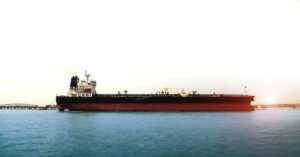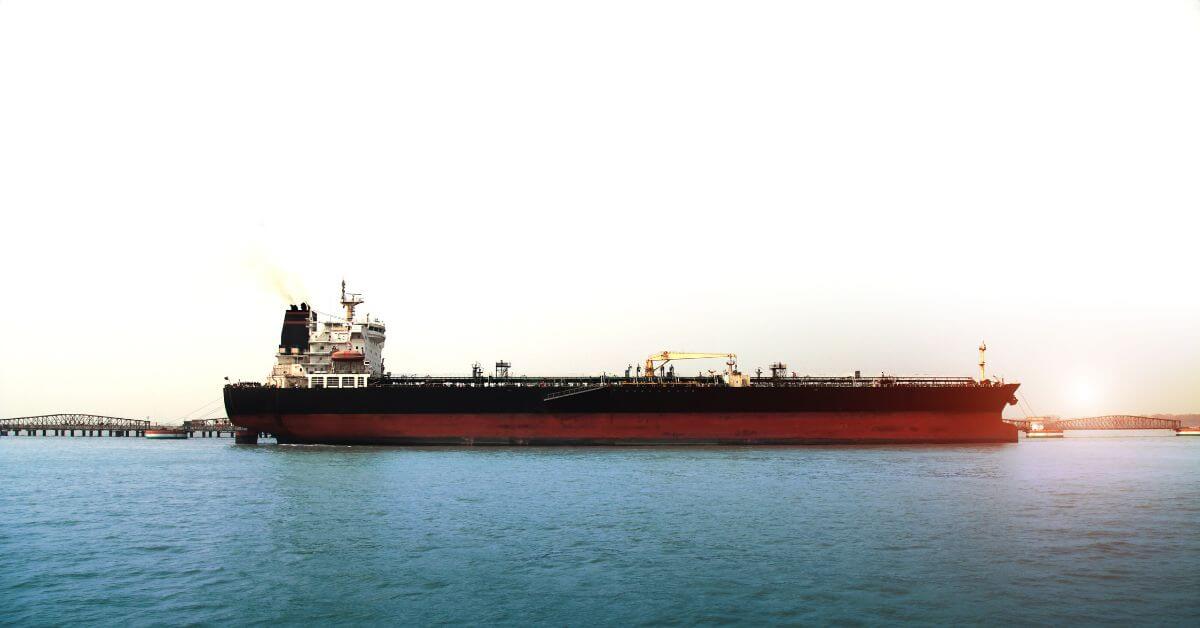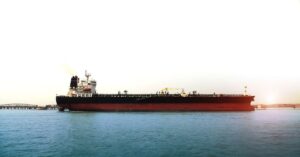
Climate Activists Beam Protest Messages Onto Billionaire’s $70 Million Superyacht In London
November 25, 2025
Teen’s Death On Carnival Cruise Ship Ruled Homicide By Mechanical Asphyxiation
November 25, 2025

Indonesia is preparing to auction the detained VLCC Arman 114 together with its cargo of crude oil, setting a minimum asking price of US$70 million, according to government documents referenced in recent reports.
The Attorney General’s Office is overseeing the process, which involves a vessel that remains under United States sanctions.
The Iranian-flagged tanker was seized in 2023 after authorities reported that it had attempted to transfer oil to another tanker in Indonesian waters and had spilled some of the cargo during the operation. The vessel is currently moored at Batu Ampar port in Batam.
The starting price covers the 1997-built supertanker along with 167,000 tonnes of light crude oil carried on board. Although Indonesian officials have not commented on the crude’s origin, ship-tracking data from Kpler and Vortexa indicated that the vessel had taken on Iranian oil before it was apprehended.
Under the auction’s terms, the successful bidder will be responsible for maintenance, repairs and security costs, and must relocate the tanker within 30 days of the purchase. The filing does not specify how the buyer should handle either the vessel or the crude after the sale.
Shipbrokers cited in reports said a newly-built VLCC typically costs around US$126 million, while a 15-year-old unit sells for approximately US$59 million.
They also estimated that an ageing VLCC sold for dismantling could attract roughly US$16 million. These figures highlight the unusual nature of Indonesia’s proposed starting price, even with the oil included.
Indonesia’s decision comes at a time when governments and shipping companies are increasingly challenged by a swelling “dark fleet” of sanctioned or opaque vessels transporting crude from producers such as Iran, Russia and Venezuela.
A report from BRS Shipbrokers in August suggested that around 80% of the roughly 1,140 tankers in this fleet were under sanctions, a proportion believed to have grown as new measures were introduced by the US, EU and UK.
Legitimate scrapyards and brokers have avoided purchasing sanctioned ships for dismantling due to concerns over secondary sanctions.
However, this year has seen a rise in US-sanctioned tankers being scrapped in India, facilitated through unregulated intermediaries and opaque payment structures.
Reference: Bloomberg
Source: Maritime Shipping News


